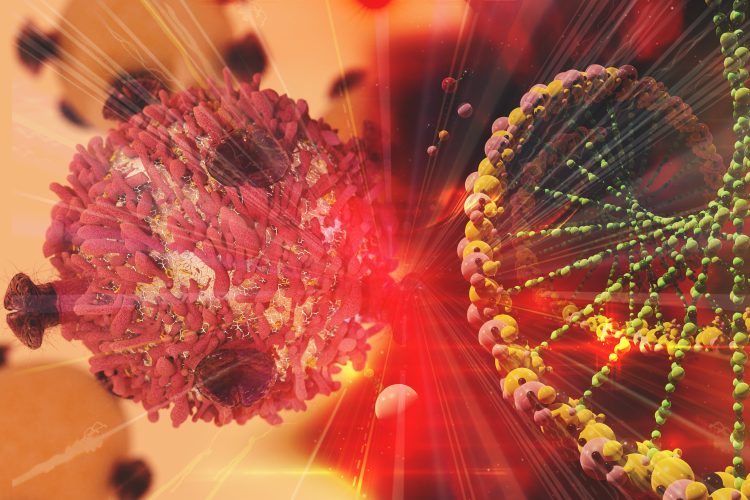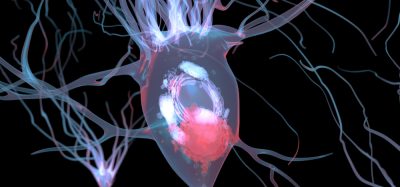Senescent immune cells promote lung tumour growth
Posted: 2 October 2023 | Drug Target Review | No comments yet
A recent study sheds light on an unexpected discovery concerning macrophages, a vital type of white blood cell in the body’s defence against infections and tumours.

These cells can enter a state known as senescence, which is associated with aging, disease, and various physiological issues. Senescent cells, often referred to as “zombie cells,” cease to divide but do not perish and can persist in tissues, potentially secreting harmful molecules.
Researchers, led by Dr Darren Baker, a senescent cell biologist at Mayo Clinic, found senescent macrophages in the lungs that not only persisted but also actively promoted tumour growth. This surprising revelation challenges conventional understanding.
These senescent macrophages seem to impede the immune system’s ability to respond to and eliminate abnormal cell growth, ultimately facilitating tumour formation. The researchers noted that removing these senescent cells, either genetically or through pharmaceutical means, delayed tumour development.
The researchers hypothesize that precancerous cells communicate with neighbouring cells, including macrophages, triggering the transformation of macrophages into senescent cells. These senescent cells, in turn, appear to create a microenvironment conducive to tumour growth.
Initially, the researchers anticipated that removing senescent cells would lead to more adenomas (a type of lung tumour). However, their early experiments produced unexpected results: fewer tumours in the absence of senescent cell-regulating tumour suppressors.
To delve deeper into this phenomenon, the researchers collaborated with Dr Hu Li, an individualized medicine researcher at Mayo Clinic, and conducted single-cell RNA sequencing. This analysis pinpointed lung macrophages as a crucial driver of tumour growth, suggesting that these macrophages respond to precancerous cells as they initiate tumour formation.
The findings have prompted a re-evaluation of initial assumptions, highlighting the complex interplay between senescent macrophage cells, other cells, the environment, and the immune system. This research was supported by the Paul F. Glenn Centre for Biology of Aging Research at Mayo Clinic and Mayo Clinic Graduate School of Biomedical Sciences. A complementary study by U.K.-based researchers was also published in the journal Cancer Cell.
Related topics
Immunology
Related conditions
Cancer
Related organisations
Mayo Clinic
Related people
Dr Darren Baker (Mayo Clinic)







